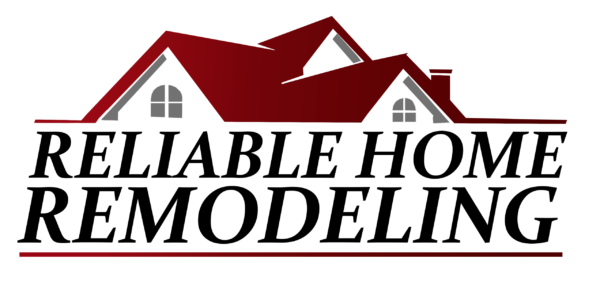Call Today
Reliable Home Remodeling
Long Island’s Leading Home Kitchen and Bathroom Remodeler.
Now Hiring
Turn Your House Into The Home Of Your Dreams With Reliable Home Remodeling!
Is your house tired, outdated, or rundown? Does the current style not speak to your taste? Is the layout not functioning for your family’s needs? Do you need more space to spread out? If you answered ‘yes’ to any of these questions, then you’ve come to the right place! Reliable Home Remodeling, a leading Long Island remodeling company, will turn your house into the home of your dreams!
At Reliable Home Remodeling, we specialize in all aspects of home renovations. Whether you’re looking to do a minor kitchen upgrade, a major bathroom renovation, you’d like to turn your basement into a livable space, or you’re interested in completely overhauling your entire house, our remodeler can do it all! No job is too big or too small for our Long Island contractor!
As a full-service remodeling company, Reliable Home Remodeling covers all aspects of your home renovation. Our contractor works with leading experts in the construction industry, including designers, plumbers, electricians, carpenters, tilers, drywall installers, and more! We’ll work with you to create a design that functions perfectly for your family’s needs and reflects your unique style. After creating a design that incorporates all of your requirements and getting your stamp of approval, our contractor will secure all necessary permits and will assemble a team of licensed craftsmen to begin the construction process.
We’ll walk you through the entire remodeling process. Our team will assist you in selecting the highest quality fixtures and finishing’s and will expertly install them. From concept to completion, we’ll make sure that your remodeling project is a complete success!
FINISHED BASEMENTS
KITCHEN REMODELS
BATHROOM UPGRADES
Our Kitchen Design Experts Help Visualize Your New Dream Kitchen

Long Island’s Leading Home Kitchen & Bathroom Remodeler
When it comes to kitchens and bathrooms, Reliable Home Remodeling is regarded as the best on Long Island. In fact, when the residents of Nassau and Suffolk Counties are looking for a kitchen remodeler or a bathroom remodeler, we’re the first company they call! During the 30 years we have been in business, our contractor has masterfully transformed countless kitchens and bathrooms, turning them into functional works of art.
Kitchens and baths aren’t all we do; our contractor is also one of the top basement remodelers in the New York metropolitan area. Our team can turn your unused basement into a functional, comfortable room that will add valuable square footage and living space to your Long Island home!
Remodel Your Home Today!
If you’re tired of a ho-hum bathroom, if you’re embarrassed by your unsightly kitchen, if you would like to turn your basement into a living space, or if you just want to update the style of your house, whatever your needs may be, you can count on the team at Reliable Home Remodeling to turn your Long Island house into the home of your dreams!
Give us a call today for a free consultation to discuss your kitchen, bathroom, basement, or any other home remodeling project you’re interested in.
We look forward to working with you and making the ideas you’re envisioning a reality!

